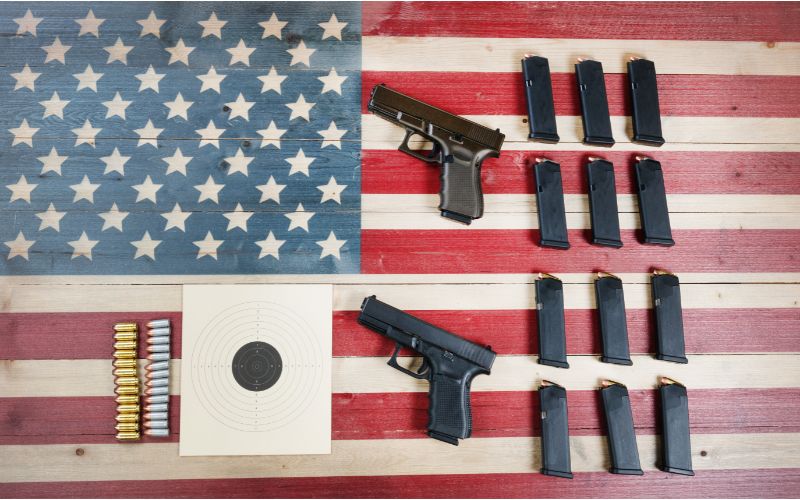Gun control has become one of the most contentious issues in the United States, particularly in the wake of recent mass shootings that have reignited calls for reform. As communities mourn the loss of life and grapple with the implications of gun violence, the debate surrounding firearm legislation continues to intensify.
The Current State of Gun Violence
According to the Gun Violence Archive, the U.S. has seen a significant increase in gun-related incidents in recent years. In 2022 alone, there were over 600 mass shootings, resulting in thousands of deaths and injuries. The impact of gun violence extends beyond individual tragedies; it affects communities, public safety, and mental health.
The frequency of mass shootings has led to heightened public awareness and advocacy for stricter gun control measures. Survivors and families of victims have become powerful voices in the movement for change, demanding action from lawmakers to address the epidemic of gun violence.
Legislative Efforts and Challenges
In response to growing public pressure, some lawmakers have introduced legislation aimed at tightening gun control measures. Proposals include universal background checks, red flag laws that allow for the temporary removal of firearms from individuals deemed a threat, and bans on high-capacity magazines and assault weapons.
Despite these efforts, significant challenges remain. The political landscape surrounding gun control is deeply polarized, with strong opposition from gun rights advocates and organizations like the National Rifle Association (NRA). Many lawmakers fear backlash from constituents who prioritize Second Amendment rights, leading to legislative gridlock on the issue.
Public Opinion and Grassroots Movements
Public opinion on gun control has shifted in recent years, with a majority of Americans supporting stricter gun laws. According to a recent Pew Research Center survey, nearly 60% of U.S. adults favor stronger gun control measures. This shift has been fueled by grassroots movements, including March for Our Lives and Everytown for Gun Safety, which mobilize young people and advocates to demand change.
These movements have successfully raised awareness about the impact of gun violence and have pushed for legislative action at both the state and federal levels. Their advocacy efforts have resulted in some states adopting stricter gun laws, showcasing the potential for grassroots activism to effect change.
The Role of Mental Health
The conversation around gun control is often intertwined with discussions about mental health. While mental illness is not the sole cause of gun violence, advocates argue that improving access to mental health care is crucial in preventing tragedies. Comprehensive mental health support can help identify individuals at risk and provide the necessary resources to address their needs, similar to the broader economic challenges we face, such as those discussed regarding inflation. For more information, visit this link.
Looking Ahead
As the debate over gun control continues, it is essential for lawmakers to engage in meaningful dialogue and seek common ground. While the issue is complex, there is potential for bipartisan solutions that prioritize public safety while respecting individual rights. Initiatives that focus on community-based violence prevention, education, and responsible gun ownership can help create a safer environment for all Americans.
Conclusion
Gun control remains a pressing issue in the United States, with the need for reform becoming increasingly urgent. As communities continue to grapple with the devastating impact of gun violence, it is essential for lawmakers, advocates, and citizens to come together to find solutions that promote safety and reduce the risk of future tragedies. By prioritizing dialogue and collaboration, the U.S. can work toward a future where gun violence is no longer an accepted part of life.

